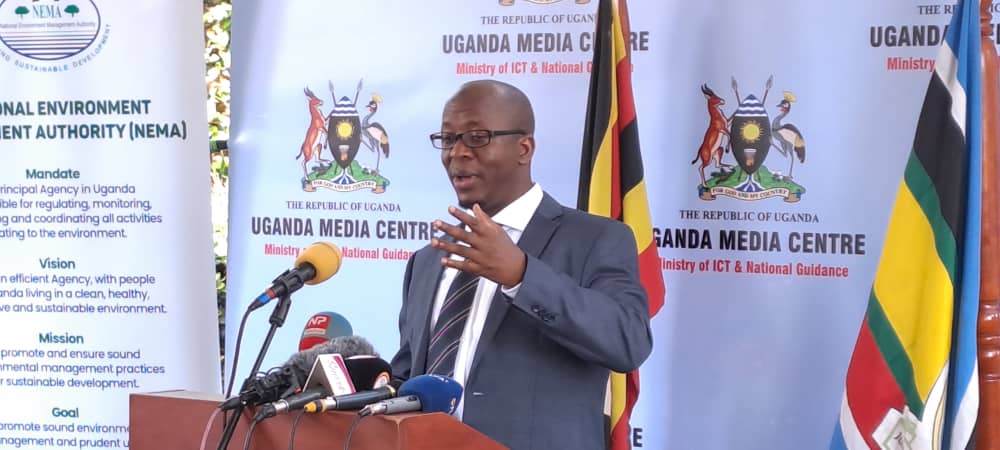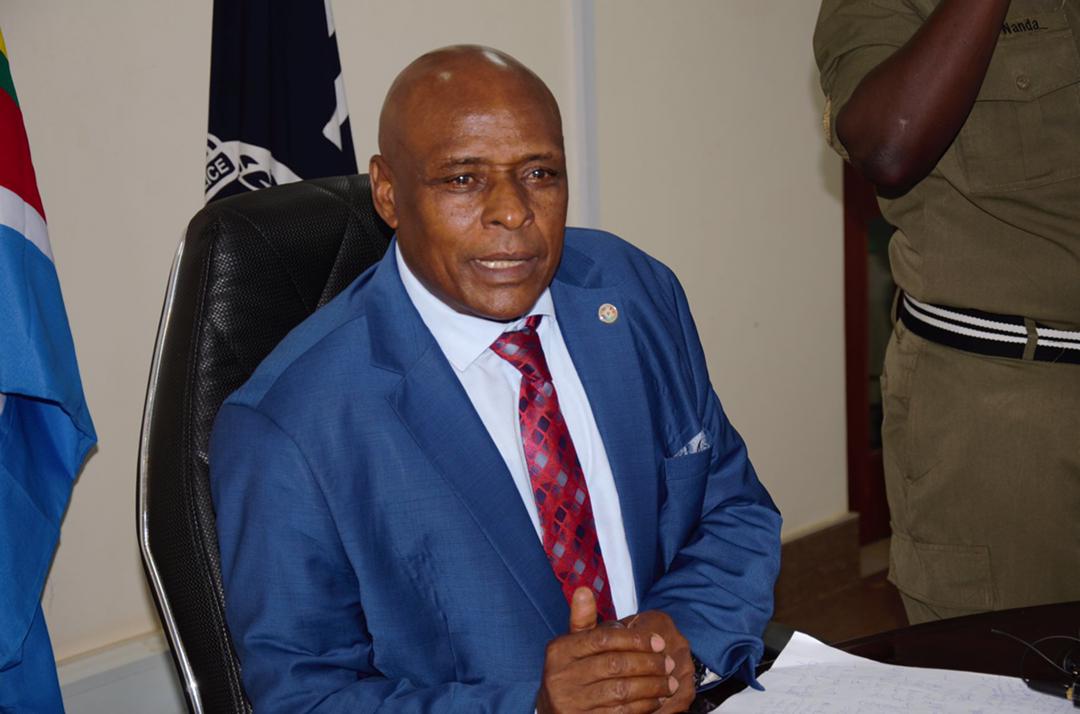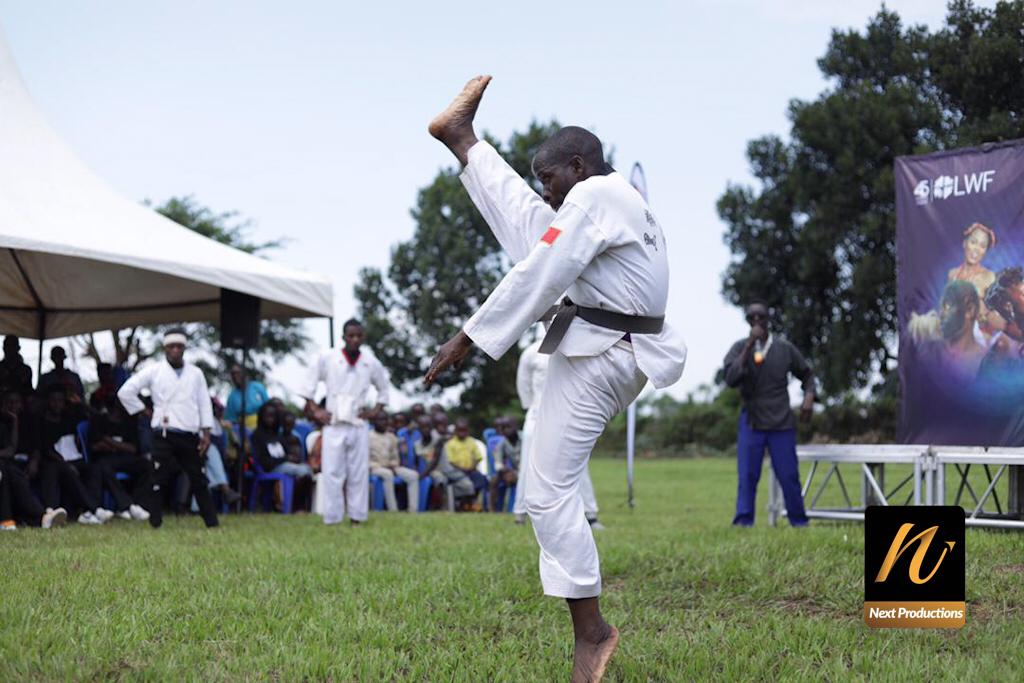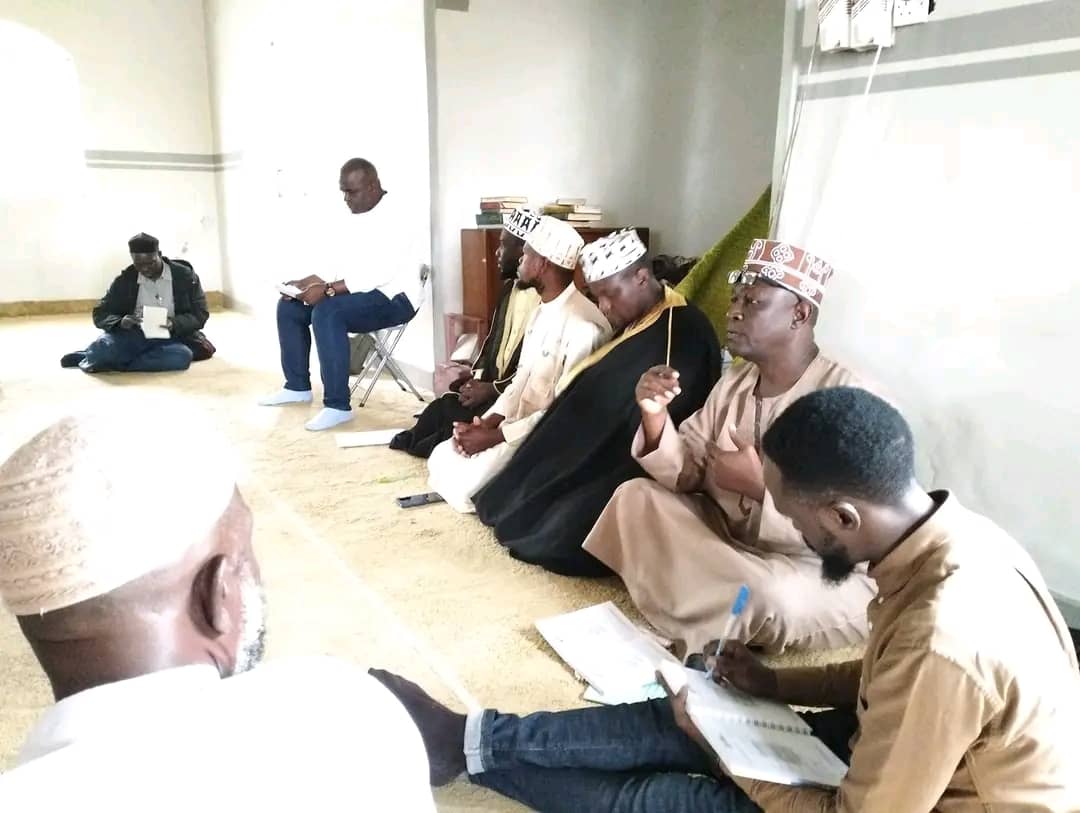Big Interview: "Making a will does not mean you're about to die"-UWOPA boss
Under the Succession (Amendment) Act, 2021, which was passed by Parliament this year, a husband or wife will inherit 20 percent of the other’s wealth, depending on who dies first.
The ideal way to handle smooth succession would be to have a written will before one’s demise. However, many do not want to make wills, either under the assumption that their death is not imminent, or due to the lack of knowledge about wills, thereby dying intestate (without leaving a will).
In a wide ranging interview with The Nile Post, Mary Harriet Lamunu, the executive director Uganda Women Parliamentary Association(UWOPA) explained why everyone must have a will.
Excerpts below:
*********************************************************************
Can you give us the general picture as far as the state of women empowerment in Uganda is concerned?
Uganda has made a lot of progress in terms of women empowerment or emancipation. We have made progress. If you look at 1996 when we had 36 women in Parliament, that number has grown to 176 elected women in Parliament today.
For us it is progress in terms of having women in decision making positions. It is one thing to say women are represented but if you do not have women taking up leadership, then you get a problem. So Uganda has made tremendous progress in terms of realising, ratifying the seed of convention, the convention on elimination of all forms of discrimination against women.
Some people think women are not reliable leaders due to a number of factors including their domestic roles. What do you think?
It depends on what you are looking at but women are very reliable and very ready to always work.
If you start assessing women who have been in key places, look at the first ever female Vice President [Specioza Kazibwe], she did her best, look at now the first female prime minister [Robinah Nabbanja] we are seeing how she’s working. The first female speaker [Rebecca Kadaga] set the pace. Now we are seeing more women taking up the spaces.
So if you are talking about reliability, women are very reliable and ready to work and yet they still have domestic responsibilities but we have seen over time women do their best in decision making.
Talk about the Succession Law. How relevant is the new law to our society?
Parliament passed the Succession Law this year. We celebrated in the women's movement because as UWOPA this is our baby. We have worked through this law because of the Constitutional court ruling when Advocacy for Women in Uganda, a civil society group, took government to court over the discriminatory provision of the Succession Law of 1906. Certain provisions within the Succession Law where declared unconstitutional because times have also changed.
The 1906 law doesn’t speak to the Constitution of the Republic of Uganda if you look at the Bill of Rights. So when the court declared those provisions unconstitutional it created a gap within the law, so the Parliament has the mandate to reform laws for the good of this country.
The Constitution is saying you are equal during marriage and at its dissolution but then Succession Law speaks to something else.
So as UWOPA and working with the Women's Land Rights Movement we picked this advocacy agenda up and moved the Private Members Bill in 2018.
This Bill passed in 2021 but it was sent back to the president for reconsideration. So when it was sent back the government took it up. We had a negotiation with the government so the government took it up as a government bill and we believe the law that has been passed is inclusive because we were dealing with issues of illegitimate children.
The succession Law of 1906 did not recognise children born out of wedlock. We are now saying we cannot classify children; children are children whether born out of wedlock or not they must be considered as children.
What new thing has this law introduced that will keep families together?
The law recognises that first of all if you die without leaving a will, a surviving spouse [meaning either male or female] now takes 20% of the property unlike the previous law which was talking about 15% for the wife or wives. So there was discrimination there what if the surviving person is a man what does it mean? So it sought to cure that gap that a spouse whether male or female will take 20% of the property.
Secondly, 1% of the property will go to the heir or heiress. Remember the 1906 law says heir. Now we are saying heir or heiress to cure the gender discrimination which is within the law. So in all within the law where they are talking about heir you put 'him', where they are talking about heiress you put 'her.' You can’t discriminate me because of my sex so we are dealing with that.
The other new issue is lineal descendants. These are children, they take 75%. The lineal descendants are children of the deceased who never left a will, 4% of the estate goes to dependent relatives. In the previous law they used to take 9%. Why did they reduce it to 4% if you look at dependents most of the time older than children of the people they have been depending on.
There's a feeling among some men that it is going to kill the institution of marriage as most men will see potential wives as schemers for their property. What is your take?
I don’t think so. I think this law will even strengthen the marriage institution because you will enter a marriage knowing the rights within the marriage. I believe by the time one goes into marriage, it is not that you met today and immediately you go and marry. No, it is a process.
Isn't the new law an attempt to erase the African culture of making wills which express one's desire on sharing of his or her property?
Of course when we were consulting, most people could say 'why should I make a will. Making a will is considered a death sentence. Most times if you make a will you see as if you are going to die. You are better off making a will than leaving your property to be distributed by court. It might be decided unfairly unlike when you make a will. There you can distribute your property the way you want. For as long as you don’t make a will and you die, the administrator general will have to decide how the property will be distributed according to the law. Let’s move away from African thinking that writing a will is a death sentence, no. It is no longer. That is why we have moved away from cultural perceptions.
What steps are you taking to ensure popularisation of this law now that it's in place?
As UWOPA and people working in women’s space, we shall first of all simply translate the law into the common languages because sometimes we think the law is understood by all, and yet it is not true. We shall have languages which are user friendly. We shall translate them into common local languages of this country, disseminate these laws through different channels of communication so the local person is able to pick the information within the law but also to know where to go in case is faced with the challenge in terms of successions. We shall use online media, mainstream media spaces, we shall use radio, we shall use community dialogue to engage. We shall work with leaders such as cultural leaders, religious leaders among others.
UWOPA used to be strong on the issues regarding women. What happened?
UWOPA is even stronger now with a vibrant secretariat, strong leadership that is driving the agenda of the women’s movement at Parliament level. So we are strong and we shall be engaging with different categories of people to push the agenda of women at all levels.
There is a belief that UWOPA has been captured by NRM.What is the truth?
That is a very wrong perception. UWOPA is a non-partisan organization based at Parliament. We believe that women’s issues have no party lines. We believe that when a woman goes to the hospital to deliver, she is not going to be asked for the party card. So the issues of women are national issues that we must address beyond party belongings.
Some critics say although we have some women in top positions of leadership in this country, they are just tokens. Do women have power?
It depends on what you are looking for. In terms of numbers we are progressively having the numbers, but we are not yet there. When you have a common voice as women then you have the power, then they are able to move and drive their agenda. It is what is happening and women have the power because they have the voice.













